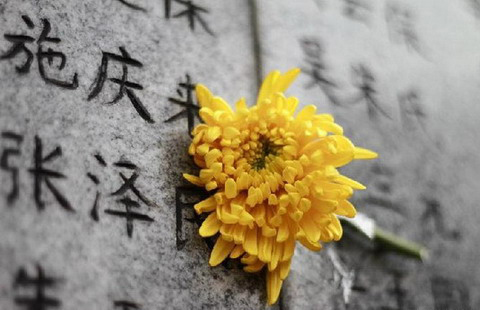Where will PM Abe take Japan now?
By Tom Plate (China Daily) Updated: 2014-12-17 07:41The idea that the US could ever switch from a policy of containing China to one of seeking to align with China is far-fetched in the extreme. But Japanese re-armament and militarism could do the trick if it unites all of East Asia, with its haunting memories and unresolved wartime bitterness, against Tokyo. This is why Abe would be foolish to choose that route, and wise to dig deeper into his DNA and summon up his distant genetic linkage with another Japanese prime minister: Eisaku Sato (1964 to 1972). The first Asian to accept a Nobel Peace Prize, Sato was cited "for his renunciation of the nuclear option for Japan and his efforts to further regional reconciliation".
The Japanese people themselves, still largely pacifist, deserve better than Tojo II. They deserve a transformative leader who can refocus the economy and reorient foreign relations. They deserve another Sato, not another Tojo (referring to Hideki Tojo, the 40th prime minister of Japan during most of World War II, who was sentenced to death on November 12, 1948 for Japanese war crimes by the International Military Tribunal for the Far East).
Sometimes the US refers to Japan as its "Asian Great Britain" - a very rough analogy at best. But the comparison does remind one of a telling oracular observation by an iconic American secretary of state that offers perspective on Abe's current challenge. "Great Britain has lost an empire," the late Dean Acheson famously proffered in a 1962 speech at the US military academy at West Point, "but has not yet found a role." Not much that Abe has tried in his first three years as prime minister (including his 2006-7 term) has worked, except the deft engineering of his slam-dunk reelection.
Rooting for Abe to succeed might strike many in Easy Asia as emotionally problematic. But rooting for Japan to fail is a very risky business in all kinds of consequential ways. That's one reason why I always root for Japan.
The author is Loyola Marymount University's distinguished scholar of Asian and Pacific Studies, and has the Giants of Asia book series to his credit.











